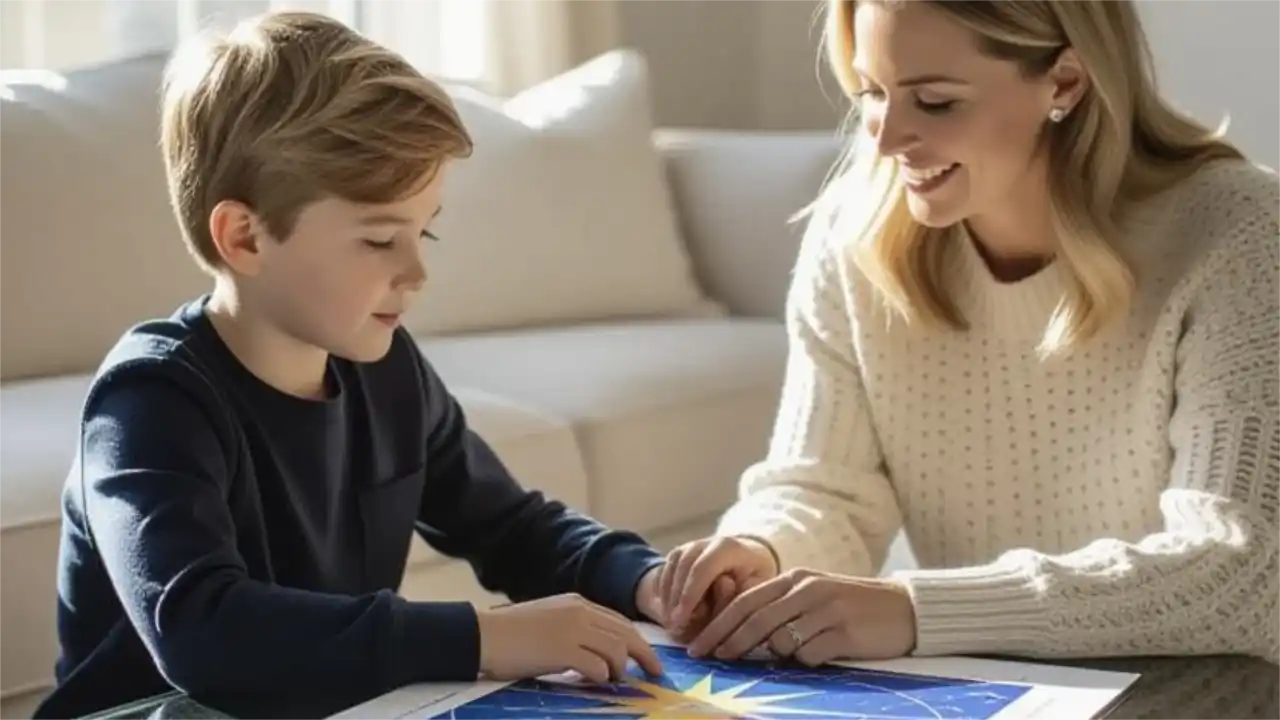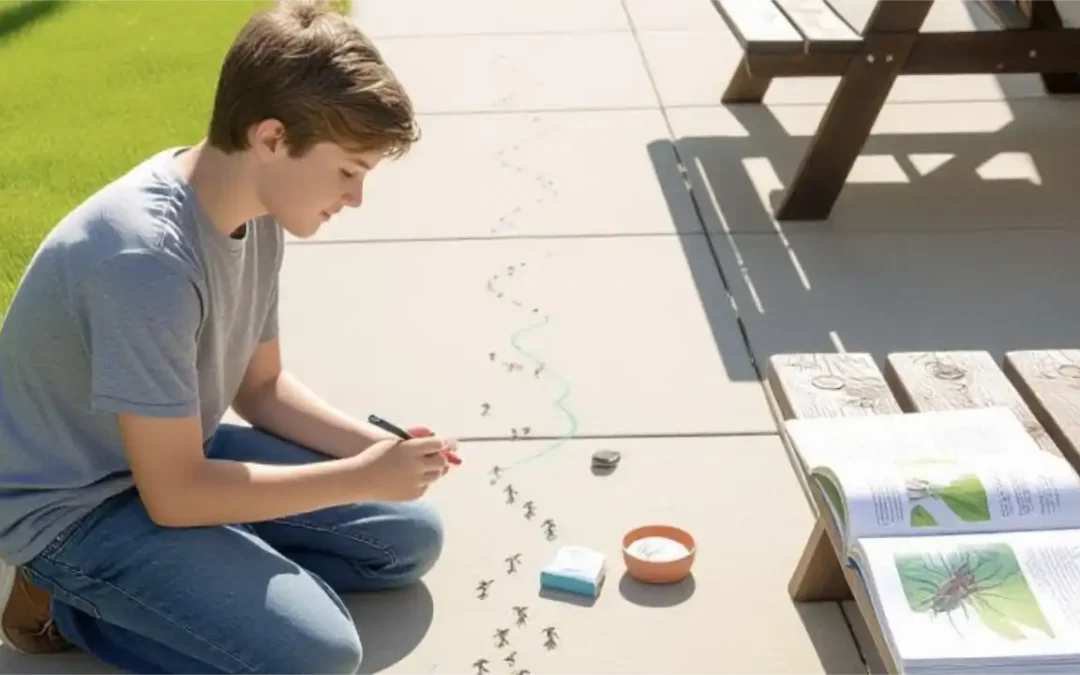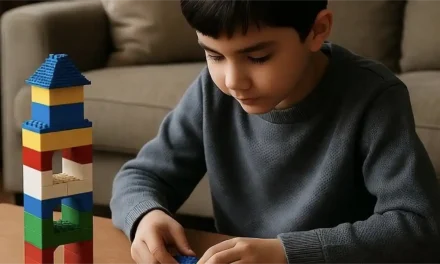
Encouraging Curiosity: Model Curiosity with Diverse Ideas
C
uriosity isn’t limited to one subject. When children see you fascinated by art, history, science, or philosophy—not just what you know, but what you want to discover—they learn that ideas are worth chasing. A curious mind doesn’t settle into one lane. It wanders. And that range sends a message: learning isn’t just something you do in school. It’s something you carry into every room, every walk, every conversation.
One weekend, I found an old Renaissance star map online. I showed it to my son. “They believed the heavens were etched with symbols,” I said. He leaned in. “Why?” That question led us into orbits and mythology, ancient tools and modern models. The next week, I brought home a book on bridges—and he jumped in again. I wasn’t teaching a unit. I was showing him what it means to follow an idea just because it shines.
Let your interests roam aloud. Read lines of poetry over breakfast. Share something strange from a documentary. Ask what they think about a myth, a machine, a map. You don’t need expertise—just honest wonder. These moments teach them that it’s normal to ask, to dig, to connect. Over time, your curiosity shows them how wide the world is—and how good it feels to explore it.
Encouraging Curiosity

Encouraging Curiosity: Model Growth by Changing Your Mind
Show children that changing your mind is a sign of learning. Modeling flexibility teaches humility, reflection, and thoughtful decision-making.

Encouraging Curiosity: Build Boldness
Confidence grows when children take risks and try new things. Learn gentle ways to encourage bravery, courage, and resilience.

Encouraging Curiosity: Chase Exploration
Children develop confidence by exploring freely. Support adventures, new experiences, and playful discovery in daily life.

Encouraging Curiosity: Spark Questions
Invite children to ask open-ended questions every day. Curiosity grows when their wondering is welcomed and explored with patience.
Table of contents

Primordial Soup for the Mind: Navigation
Navigate the book Primordial Soup for the Mind.
TIPS
- Let your interests show, even if you’re learning too.
- Jump domains: art, math, history, design.
- Value their insights across subjects.
ACTIVITIES
- Idea Toss: Take turns asking “What do you know about…?” (rivers, clocks, pyramids).
- Map & Myth: Explore a real map and an ancient story, side by side.
- Cross-Pollinate: Connect a science idea to an artwork, or a history fact to a current event.
EXAMPLE
My son’s interest in stars began with a myth and turned into science. That spark came from watching me wonder aloud—not teach, just explore.

Download “Primordial Soup for the Mind: A Parent’s Guide to Nurturing Intellectual Growth”
Enter your information to get this article and hundreds more as part of the FREE book Primordial Soup for the Mind.
Share your thoughts with the Thought Academy community in the Comments section below.

Sharpen those skills!
Enter your information to get our FREE practice exercises so you can hone your critical thinking and reasoning skills!







0 Comments